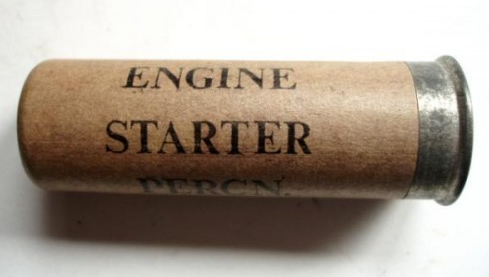Some thread drift!!!!
Battery condition is the major parameter in stop/start engines. It takes a lot of juice to turn an engine over so if the system detects that the battery charge is not optimum it will not stop the engine until such time as it does reach optimum level, typically after starting from cold, lots of slow speed driving/sitting in traffic or manual stopping/starting of the engine ( school run, etc).
Auto-hold brakes on my VW with DSG auto gearbox allows me to out-smart the stop/start system so I decide when I want the engine to stop/start by just keeping my foot on the brake pedal. Otherwise I let the Auto-hold brakes hold the car at junctions, in traffic, etc.
Still not convinced by the benefits of stop/start unless you are going to be stationary for sometime.
DT
The break even point in terms of energy payback ie. how much petrol it takes to make up the energy expended by using the car battery to restart the car, is about 10 seconds in a petrol car and 13 seconds in a diesel. So if you are going to be stopped for 10 seconds or more it's worth having the engine cut off. The 200 Amps or so required by the starter motor are only delivered for about 1 second, resulting in an energy useage of about 0.6 Whr ( 0.5 Ahr ) . Most eco cars run batteries of 85Ahr or more meaning you can get a good 40 cranks before you are reaching the voltage drop off point. Boiling a kettle takes about 100 Whr. In eco cars the engine is set for the optimal starting by the ecu, Over advanced timing, cylinder selection depending on crank position
The overall 'payback' period for 'eco' stop/start engines is about 20 seconds if you factor in additional systems like electric oil pumps on automagics, possible additional maintenance required on starter motor ( unlikely as they are engineered to compensate for the additional duty cycle ) and battery ( also unlikely given the small power draw off the battery )
In terms of 'benefits' the real benefits are made in overall emissions, a car engine at idle puts out gobs of CO2 and other muck that do nothing for the environment, pointless if you are not actually going anywhere!
When the first tests on stop/starts were made in the 70's in downtown Tokyo they returned a 10% fuel consumption improvement. Even with improvements in overall efficiency most manufacturers lay claim to around
10% economy improvement in heavy traffic. Economy returns on rural driving reduce to very little for obvious reasons.
It's doing no harm, overall delivers environmental benefits, why try to circumvent something that cost extra to have on the vehicle in the first place!



( Yes I've done a bit of research on eco mode!

)
post edit ...
At least one manufacturer ( Mazda ) doesn't use the electric starter motor to restart the car. They detect which piston is on the expansion downstroke from TDC, inject a squirt into that cylinder and fire the plug. If needs be they do it with a couple more cylinders before resorting to the electrickery! Of course that only works on petrol engines.( and raises the question of whether a modern petrol engine even needs a starter motor! they weigh at least 10 kg! )
Damn clever these Japanese you know!
Like a variation on the cartridge starters of old! ( also known as shotgun starters!!! )
http://books.bingle.co.uk/books?id=rNoDAAAAMBAJ&pg=PA339&dq=Popular+Science+1935+plane+%22Popular+Mechanics%22&hl=en&ei=r81ETsS3KI3isQLY3dX5BQ&sa=X&oi=book_result&ct=result&redir_esc=y#v=onepage&q&f=true
















